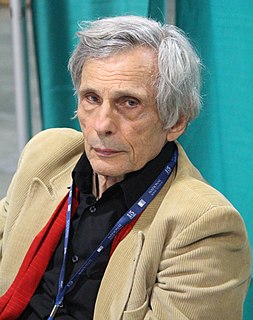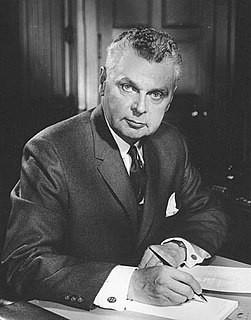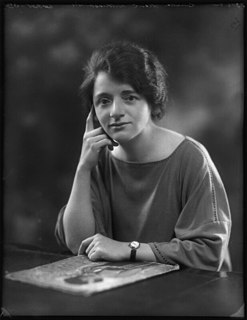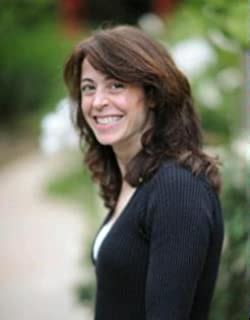A Quote by Claire Tomalin
As a young man, Dickens worked as a reporter in the House of Commons and hated it. He felt that all politicians spoke with the same voice.
Related Quotes
Everyone finds their own version of Charles Dickens. The child-victim, the irrepressibly ambitious young man, the reporter, the demonic worker, the tireless walker. The radical, the protector of orphans, helper of the needy, man of good works, the republican. The hater and the lover of America. The giver of parties, the magician, the traveler.
There are no words and there is no singing, but the music has a voice. It is an old voice and a deep voice, like the stump of a sweet cigar or a shoe with a hole. It is a voice that has lived and lives, with sorrow and shame, ecstasy and bliss, joy and pain, redemption and damnation. It is a voice with love and without love. I like the voice, and though I can't talk to it, I like the way it talks to me. It says it is all the same, Young Man. Take it and let it be.
Home is the center of my being where I can hear the voice that says: 'You are my Beloved, on you my favor rests' - the same voice that gave life to the first Adam and spoke to Jesus, the second Adam; the same voice that speaks to all the children of God and sets them free to live in the midst of a dark world while remaining in the light.

































